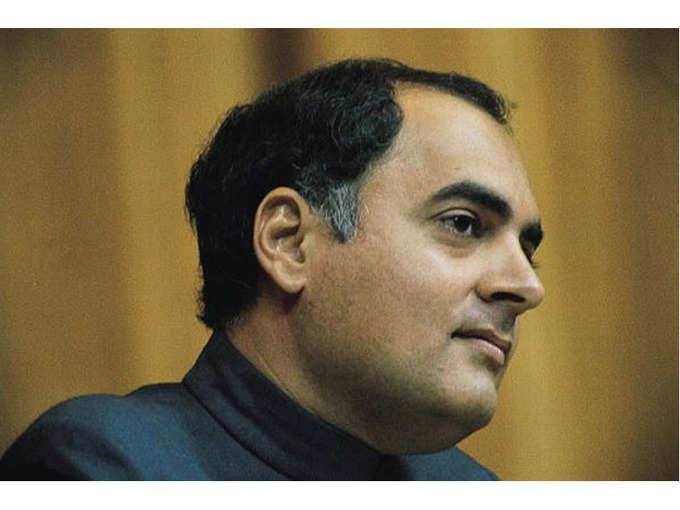 NEW DELHI: The Supreme Court on Friday referred to a larger constitutional bench the case related to the release of those convicted of the murder of former
NEW DELHI: The Supreme Court on Friday referred to a larger constitutional bench the case related to the release of those convicted of the murder of former A bench headed by
The Supreme Court said that the constitution bench will also address which government has the power to exercise remission for condemned prisoners under the code of criminal procedure; whether it is the state government or the central government or both.
Former Prime Minister Rajiv Gandhi was assassinated at Sriperumpudur near Chennai in Tamil Nadu on May 21, 1991. A special court for Terrorist and Disruptive Activities (Prevention) Act (POTA) found all the 26 persons guilty of the offence and awarded them death sentence in January 1998. On a referred appeal before the Supreme Court, the death penalties of only four, Nalini, Murugan, Santhan and Perarivalan, were confirmed. Later, on the recommendation of the Tamil Nadu cabinet, the state's governor commuted the death penalty of Nalini alone into imprisonment for life.
Meanwhile, the mercy pleas of the three condemned persons pending before the
On February 18 this year, the apex court commuted their death sentence into imprisonment for life, saying inordinate and unexplained delay in disposing of their mercy pleas by the President would be a valid ground for commuting their sentence.
On February 19, Tamil Nadu
Last week, Chief Justice of India P Sathasivam, on a visit to Coimbatore, had told a group of reporters there that verdict on the validity of their premature release will be given before his retirement, which is on April 26. Taking exception to the announcement and apprehending a motive at the timing of such a disclosure, former chief minister M Karuananidhi had said the CJI ought not to have discussed such a thing in public, that too while the elections in the state were round the corner.